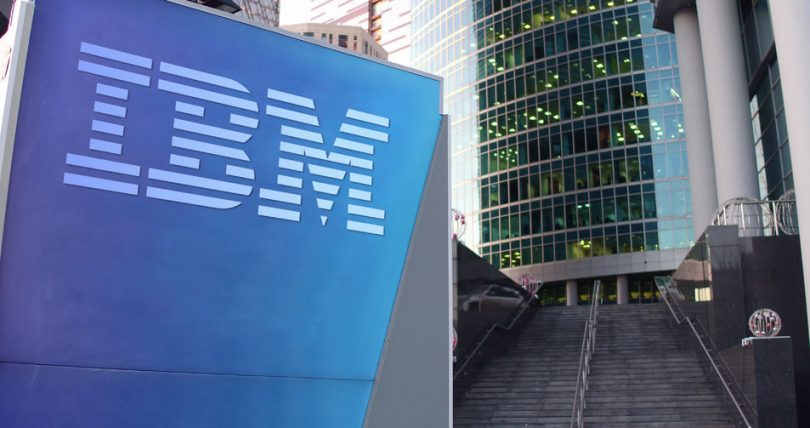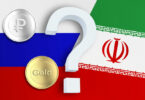Today IBM announced plans for a new blockchain consortium targeted at supply chain transparency in the global mining industry. The members are Ford Motor Company, Huayou Cobalt, IBM, LG Chem and RCS Global and will start with a pilot for cobalt with plans to extend it to other minerals used in consumer products.
Demand for Cobalt is expected to rise because it’s a key element in batteries and there’s a growing demand for electric cars. For example, a typical laptop uses an ounce of cobalt compared to 20 pounds for a car battery.
Typically mines have their output certified as compliant with international requirements for responsible sourcing such as those from the Organization for Economic Cooperation and Development (OECD).
The recently commenced pilot will track the cobalt mined at Huayou along the supply chain to LG in South Korea where it will be incorporated in a battery. And then the battery will be logged as it makes it way into a Ford vehicle. The pilot is expected to complete by the middle of the year.
“By collaborating with other leading industries in this network, our intent is to use state-of-the-art technology to ensure materials produced for our vehicles will help meet our commitment to protecting human rights and the environment,” said Lisa Drake, VP global purchasing and powertrain operations, Ford.
“The initial work by these organizations will be used as a precedent for the rest of the industry to be further extended to help ensure transparency around the minerals going into our consumer goods” said Manish Chawla, GM, Global Industrial Products Industry, IBM.
Circulor
IBM contributed Hyplerledger Fabric to the open source community. At December’s Hyperledger Global Forum in Basel a startup targeting ethically source minerals and using Hyperledger Fabric, attracted quite a bit of attention.
In a project not related to IBM, Circulor created a traceability platform for the tantalum mineral that’s widely used in consumer electronics. It’s classed as a conflict mineral similar to “blood diamonds”. To get the project going, it needed to persuade several participants. Those included the Rwandan government, mining company PRG Resources which supplies Apple, and a refiner.
While persuading the first group of participants was a challenge, it gets easier. “Once you’ve started, other people look at it and go ‘that’s really interesting’”, observed Douglas Johnson-Poensgen, Circulor’s CEO. After announcing the Rwandan project in October, the CEO says he now has a bigger sales pipeline than he knows what to do with and has just signed another MOU.
New IBM powered mining startup
Also today, IBM announced it’s working with a startup creating a supply chain platform focused on the mining industry. Canadian Minehub Technologies and IBM plan a new blockchain platform aiming to reduce costs and aid financing for the high-value mineral concentrates supply chain.
It involves a consortium that includes ING for trade finance and Canadian companies Goldcorp, Kutcho Copper Corp, Wheaton Precious Metals as well as Ocean Partners USA. The members represent the various stages in the supply chain including mining, streaming, trade and finance.






